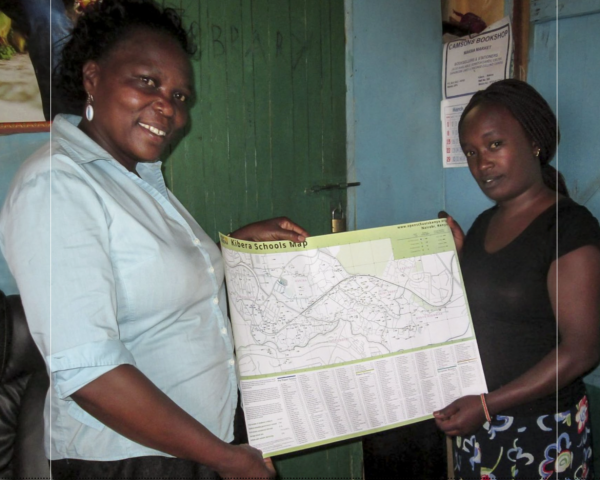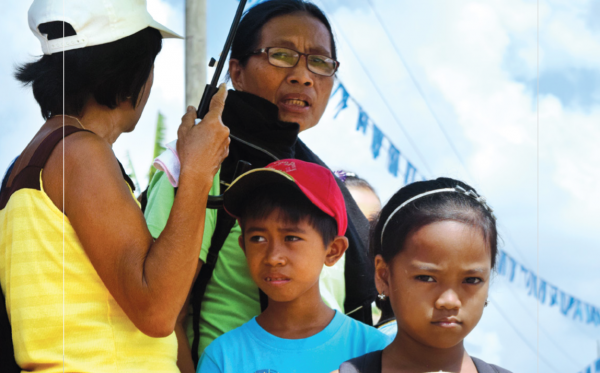As we head towards the end of Making All Voices Count, we're continuing to produce research publications, which we'll keep updating you about in this newsletter in the weeks to come.
We're also preparing to share and discuss learning from across the programme at our final event, Appropriating Technology for Accountability, on October 25th-26th.
We will be asking what roles do technologies play in citizen voice and transparency for achieving accountable and responsive governance, and what we've learnt about supporting work in this field.
Open data, digital mapping and accountability

This research reflects on the impact of eight years of community-based data collection and open source mapping in the informal settlement of Kibera, in Kenya. It concludes that such a long-term process of open, community-based data collection can lead to greater trust, which is often lacking in marginalised places. Map Kibera’s engagement with policymakers in three sectors – education, water and security – illustrates how is possible to achieve sector-wide ramifications beyond the scope of the initial project, including increased resources and better targeting of services by government and NGOs.
Engaging people fully in the information value chain can be the missing link between data as a measurement tool, and information having an impact on social development.
Read the research report | Read Erica Hagen's blog 'Looking back on Map Kibera'
Innovations to engage youth in accountability work in Liberia
How has the Accountability Lab, an NGO which supports change-makers to develop and implement positive ideas for building integrity, worked towards strengthening Liberia’s accountability ecosystem? In this practice paper, the Lab’s director and research advisor reflect on their work with young people, and their attempts to put adaptive learning principles into practice.
Read the practice paper | Read Heather Gilberds and Blair Glencorse's blog 'Understanding how to Learn'
Transparency and accountability in hurricane response mechanisms

When Typhoon Haiyan hit the Philippines in 2013, several tools, platforms and mechanisms were put in place by government to support a coordinated response. This research assesses these tools, platforms and mechanisms in terms of how well they supported the accountability of government interventions. It finds that the platforms were mostly used to increase transparency, but that there was no accountability framework which government agencies could adhere to and use as a guide for good practice.
New research briefings and blogs
Research briefing
Competing to deliver? Political workers and service delivery in Pakistan (Ali Cheema, Shandana Khan Mohmand, Asad Liaqat)
Research blog
Why development needs innovation scouts (Kevin Hernandez)